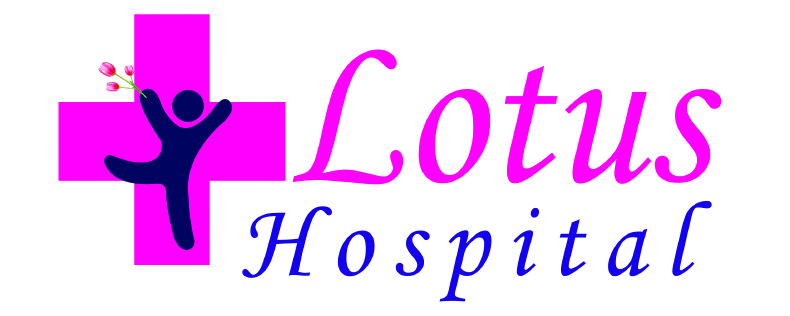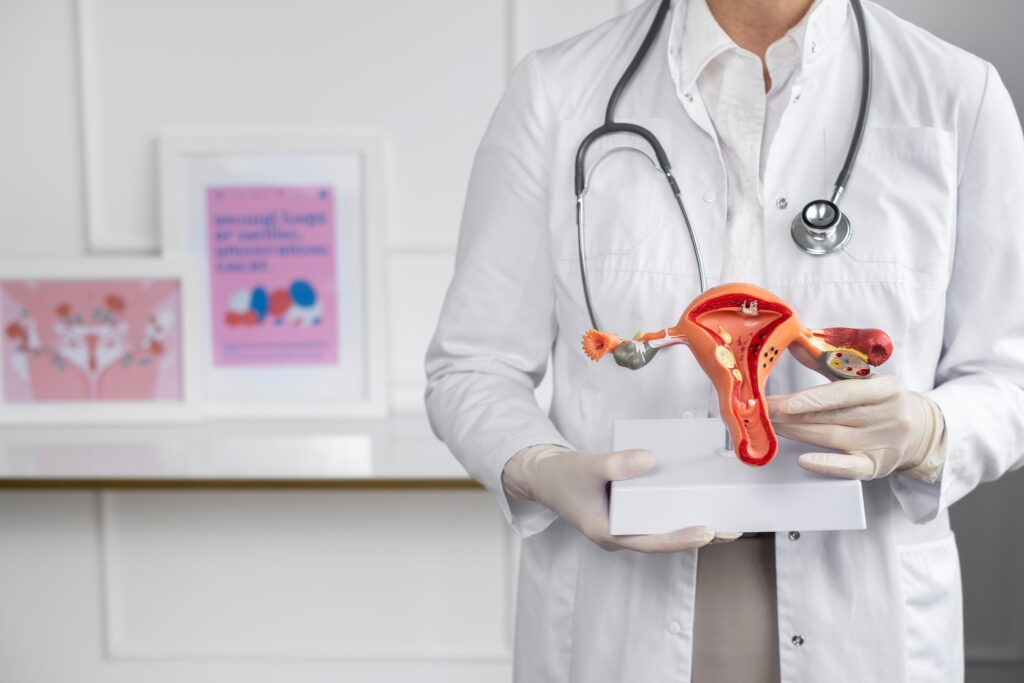Endometriosis affects millions of women worldwide, making it a significant health concern. This condition can severely impact daily life, often causing chronic pain and affecting fertility. Women living with this condition can experience a decrease in productivity, both professionally and personally. Raising endometriosis awareness is critical not only for early diagnosis but also to reduce the stigma surrounding it. The earlier the detection, the better the management, which can improve the quality of life for many. Awareness can also pave the way for more acceptance and understanding, helping women discuss their health issues more openly and seek necessary medical interventions.
1. What is Endometriosis?
Endometriosis is a chronic condition where tissue similar to the lining inside the uterus starts growing outside it. This tissue, known as endometrial-like tissue, can appear in various parts of the body like the ovaries, fallopian tubes, and the pelvic lining. These growths can lead to pain and complications thanks to the inflammatory processes they incite. Women of reproductive age are more prone, particularly those with a family history of the illness. Risk factors and demographics continue to evolve because of ongoing research, emphasizing the need for deeper understanding. Knowing what endometriosis is and who might be affected helps in better preparation and management for those concerned.

2. Recognizing the Symptoms of Endometriosis
Endometriosis symptoms often include severe menstrual cramps, pelvic pain, and pain during intercourse. Some women experience issues with fertility, which makes prompt recognition crucial. Symptoms can be inconsistent; for some women, the pain is crippling, while others may have milder symptoms. Due to this variability, it’s easy to dismiss endometriosis symptoms as merely bad periods, leading to years of untreated suffering. By understanding and acknowledging these signs, women are more likely to seek professional consultations, reducing the discomfort and disruption endometriosis can cause.
3. Exploring the Causes and Misconceptions Surrounding Endometriosis
The exact causes of endometriosis remain a mystery, though several theories exist. Genetics seem to play a role, as having a relative with the condition increases one’s risk. Some believe disorders in menstrual flow, environmental factors, or immune system issues may contribute. Misconceptions abound—like the notion that it only affects older women—affecting endometriosis treatment options. Uncovering more about its origins could help debunk myths, ease sufferers’ anxieties, and lead to better management.
4. Navigating Treatment Options for Endometriosis
For those dealing with endometriosis, finding the right endometriosis treatment options is crucial. Pain management often includes non-steroidal anti-inflammatory drugs (NSAIDs) and hormonal therapies, which work to slow down the growth of endometrial-like tissues. For women wanting to conceive, these hormones can present challenges, requiring careful discussion with healthcare providers. In some cases, surgical options for endometriosis, like laparoscopic surgery, offer relief by removing endometrial growths. Not all surgeries promise long-term freedom from pain. Each woman’s situation is unique, necessitating a personalized approach with an expert healthcare provider.
5. Living with Endometriosis: Coping Strategies and Support
Women living with endometriosis benefit from lifestyle adjustments like an endometriosis diet plan and regular exercise. Emphasizing anti-inflammatory foods can reduce pain, while endometriosis and exercise can support overall wellness. Connecting with endometriosis support groups provides emotional solace and a shared understanding of challenges faced. It’s vital for friends and family to be compassionate, offering emotional and logistical support without judgment. Balancing these elements can transform the experience, making living with endometriosis more manageable and less isolating. It’s about creating a supportive structure that considers every aspect of life impacted by endometriosis.
Don’t Ignore the Pain. Understand Endometriosis with Lotus Hospital.
If you’re struggling with chronic pelvic pain, painful periods, or fertility challenges — you’re not alone.
At Lotus Hospital, we’re here to listen, diagnose, and support your journey toward better health.
Expert Gynecologists Specialized in Endometriosis
Advanced Laparoscopic Diagnosis & Treatment Options
Fertility Support & Hormonal Management
Personalized Lifestyle & Diet Counseling
📍 Visit Lotus Hospital for compassionate care
📞 Book Your Appointment Today and take control of your health.
Lotus Hospital — Where Women’s Health Blooms with Care.

